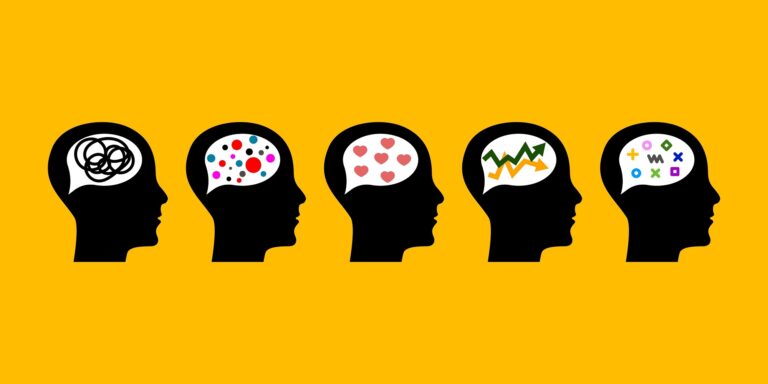| Equity & Diversity
Neurodiversity: Embracing Differences and Celebrating Unique Minds

Hi,
I am Rachel Dean and I am part of the Disability team in Student Services here at the University. I wanted to talk about how we can embrace the differences that those with a neurodiversity have and how we can support students to celebrate their unique minds.
What is Neurodiversity?
Neurodiversity is a concept that celebrates the natural differences in the human brain. It recognises that not all brains are typical, and those that process information differently have unique strengths that contribute to the richness and diversity of human experience.
The term neurodiversity was coined in 1998 by an autistic Australian sociologist named Judy Singer, and was quickly picked up and expanded upon.
It is an umbrella term that encompasses a range of neurological conditions which are often characterised by atypical patterns of cognition, behaviour, and communication.
Some examples of neurodivergent conditions are:
- Dyslexia/Dyscalculia
- Autism Spectrum Disorder
- Attention Deficit Hyperactivity Disorder (ADHD)
- Dyspraxia
- Tourette’s Syndrome
- OCD

What can we do to support neurodiversity in higher education?
It is estimated that around 1 in 7 people in the UK are neurodivergent.
Those that are neurodivergent often have a range of strengths which can include:
- pattern recognition
- attention to detail
- analytical thinking
- highly creative
- intuitive problem-solvers
- visual thinking
- Unique interpretations of sound, taste, or smell
When supporting neurodiversity, we need to consider what environments will help foster those strengths to grow. Actively encouraging inclusive learning, is a great way to recognise and celebrate those differences.
Inclusive practice is a practical approach to learning, teaching and assessment which recognises, respects and reflect the richness of the diversity of student body, built on from the Equality Act 2010.
It recognises all student’s entitlement to a learning experience and removes barriers by considering a variety of pedagogical approaches.
Practices might include:
- Consider whether learning outcomes are achievable for all
- Provide clear and reasonable success criteria for all
- Offer reasonable adjustments on learning and assessments, helping to tailor education to the individual
- Provide consistent and effective student support from student services and personal tutors
- Inclusive assessment and feedback, providing a range of assessment methods
- Inclusive field trips
- Inclusive practical work
- Assistance with finding supportive placements
- Offer peer assessment
- Embed wellbeing into the curriculum
- Provide suitable working environments such as a calm sensory environment
By creating an inclusive learning environment, we can create a richly diverse community which allows everyone the same chance to grow and learn without barriers.
Support available for neurodivergent students at UOG
The Disability Service is dedicated to supporting our neurodivergent students. We can offer advice on a range of support including:
- Screening for Dyslexia and Dyspraxia followed by a full assessment, if appropriate
- Guidance to seek help or testing for neurodivergent conditions.
- Guidance for academics on inclusive learning.
- Reasonable adjustments for exams and course work including providing extensions, assignments in a preferred format or extra time on exams.
- Support with providing accessible materials.
- Supporting academics in providing inclusive teaching and the growing culture of inclusive learning.
- Support with Disabled Students’ Allowance applications.
- Support with accessing services and facilities throughout the student life cycle.
- Support with placements.
Students can book an appointment with appointments for our service through the Your Future Plan Portal. For further advice do email [email protected].
If you want to more information, follow the link for a quick summary on What is neurodiversity? – YouTube
Thank you.



